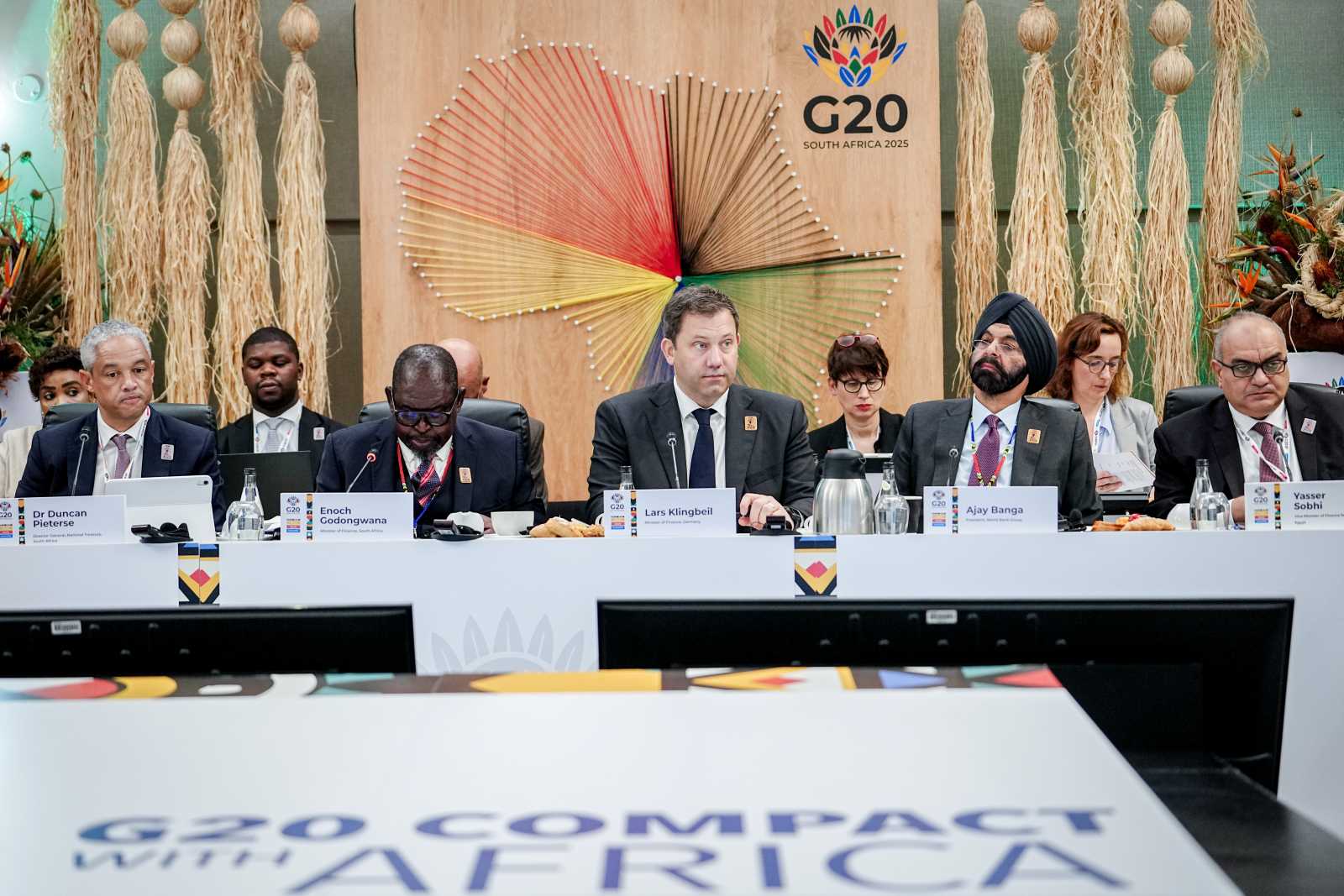Global governance
Cooperation that benefits developing countries

As part of its new Belt and Road Initiative (BRI), China has financed and constructed numerous expensive infrastructure projects in low- and middle-income countries in the past decade. This creates additional competition on the “global market for development” and improves the negotiating position of recipient countries, according to Pascal Abb from the Peace Research Institute Frankfurt (PRIF). Abb explains, however, that western countries are concerned that China’s engagement is undermining democracy promotion. He points out that in contrast to western development policy, Beijing does not require that its partners practice good governance, which would include upholding human-rights and environmental standards.
Is China actively trying to undermine democratic structures in partner countries? Empirical evidence is lacking, argued experts from a variety of disciplines at a PRIF conference in October in Frankfurt. It is true that BRI loans have contributed to the current over-indebtedness problems in developing countries, and China has been hardly willing to restructure. Nevertheless, conference participants rejected the widespread accusation that China set debt traps, saying that there is not enough evidence for that claim, either.
On the other hand, western governments have been criticised for being too quick to toss out their values when geostrategy or realpolitik would seem to require it. Thus, cooperation with autocracies is “depoliticised” when it concerns critical areas like security or energy, says Hannes Warnecke-Berger from the department of international and inter-societal relations at the University of Kassel. He argues that western governments withhold calls for democracy and human rights to avoid damaging relationships with autocratic countries.
European incoherence
Richard Youngs from the think tank Carnegie Europe is interested in the discrepancy between rhetoric and action in western policy too. He notes that while leading EU politicians like to talk about the conflict between democracy and autocracy, for years, most European cooperation has been with autocracies, for example in the areas of development aid, energy, climate, security and migration.
Youngs emphasises that nowadays autocracies are less dependent on cooperation with democracies than they were just a few years ago. Correspondingly they respond even more reservedly to calls to democratise. Democracy support is therefore going increasingly to grassroots organisations and, when possible, to democratic groups within authoritarian states. However, Youngs points out that many of these pro-democracy civil-society organisations do not enjoy much support from local people.
Participants in the PRIF conference also discussed the risk that developing countries could suffer as a result of the systemic struggle between the West and China. According to Sinologist Marina Rudyak from the University of Heidelberg, German politicians are sometimes more interested in “solving our China problem” than in addressing common development tasks. Instead, she believes they must find ways to work together pragmatically in the interest of disadvantaged countries.
Besides, Rudyak argues that China and western states are not seen as systemic competitors in the global south. Each side offers something different, she says. Whereas China tends to focus on hard infrastructure like roads or harbours, the west is attractive especially when it comes to building social infrastructure like hospitals. According to Rudyak, both are equally needed.
Link
PRIF Annual Conference 2023:
https://www.prif.org/en/events/annual-conference/annual-conference-2023
Isah Shafiq is a student of political science at Goethe University Frankfurt. He wrote this article as an intern at D+C/E+Z’s editorial office.
isahshafiq@web.de


















